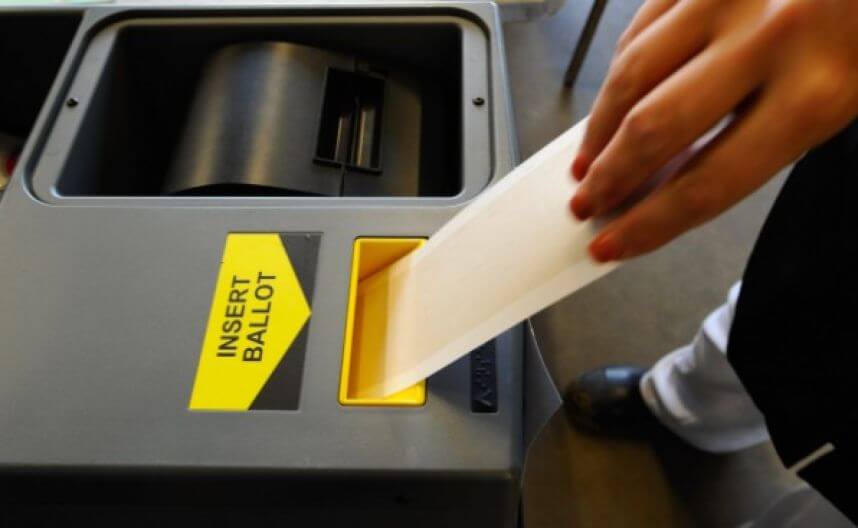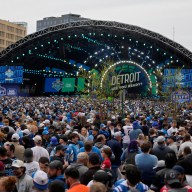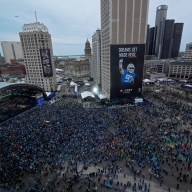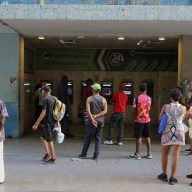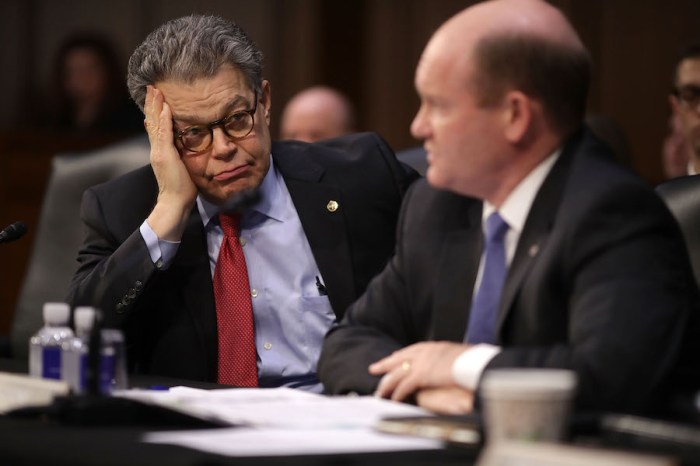Here’s a rundown of the four Massachusetts ballot questions:
Question 1
Voters appeared poised to pass Question 1 as of midnight. The question would eliminate the requirement that the state’s gasoline tax be adjusted according to the percent change in the Consumer Price Index from the previous year. “Yes” votes grabbed 52 percent of the vote, whereas the “no” vote represented 47 percent of the vote with 89 percent of precincts reporting.
Currently, if that index increases, the tax rate increases at the same rate. It would also eliminate a requirement in the law that the gasoline not dip below 21.5 cents per gallon.
In September 2013, the rate was 24 cents per gallon of gasoline.
Question 2
Voters defeated a measure thatadvocated for a 5-cent deposit for water bottles, juices and sports drinks.
Similar to the existing deposit for soda and beer that currently exists, consumers would have had to pay for the 5-cent deposit, then have the opportunity to return the bottles and receive the 5 cents back. Money generated by the program would have benefited environmental programs in the state.
Voters shot down the idea by a 73 to 26 percent margin, with 77 percent precincts reporting.
Question 3
Casino gambling is apparently here to stay in the commonwealth.
This question would have prohibited casinos in Massachusetts.
It would have repealed the 2011 casino law. But voters rejected that notion.
As of press time, with 77 percent of precincts reporting, nearly 60 percent of voters said “no.”
Since 2001, the state’s Gaming Commission has approved casino plans for Springfield and Everett and a slots parlor in Plainville.
Question 4
Bartenders and waitresses rejoice! Voters approved requiring almost all employers to provide up to a week paid sick and family leave per year to all employees, including those who are part-timers.
As of press time, 60 percent of voters had approved the idea, with 77 percent of precincts reporting. The law impacts employers who have more than 11 employees.
It would allow employees to carry over up to 40 hours of sick time to the next calendar year.
The employees, however, would not be able to use more than 40 hours.
Gasoline, bottles, gambling and sick time: Your ballot question round-up
